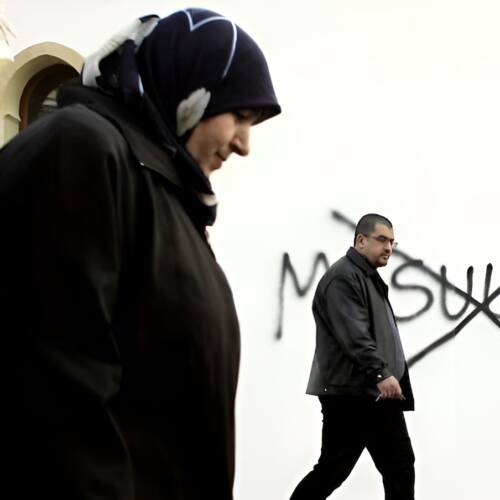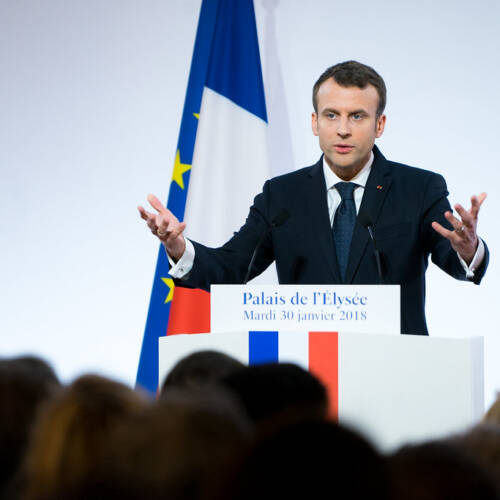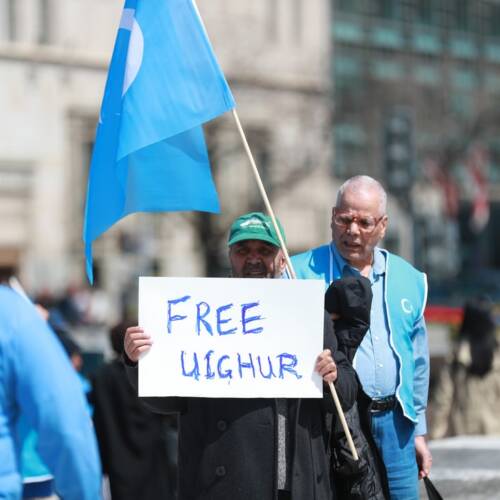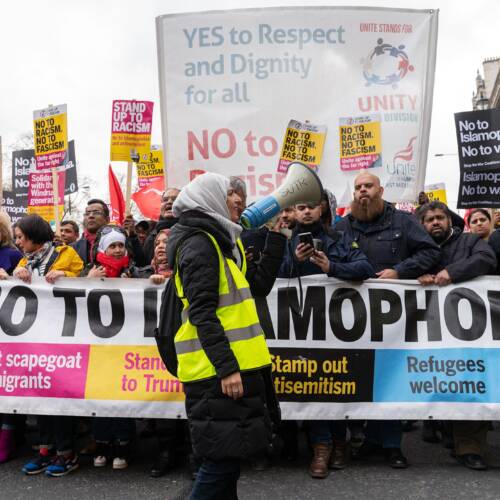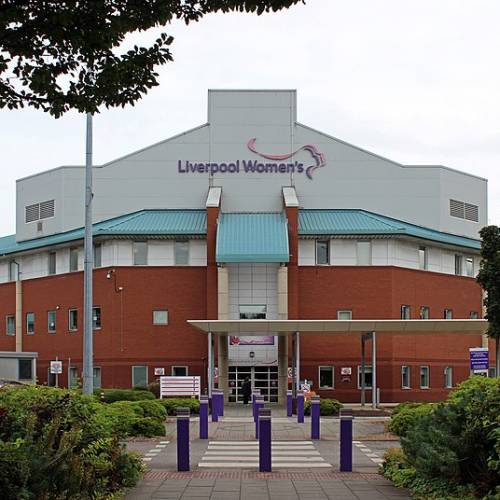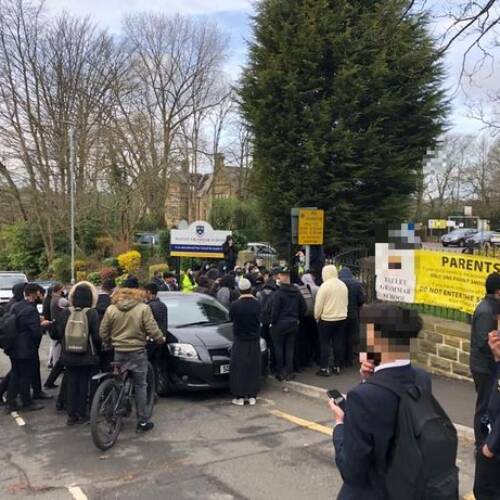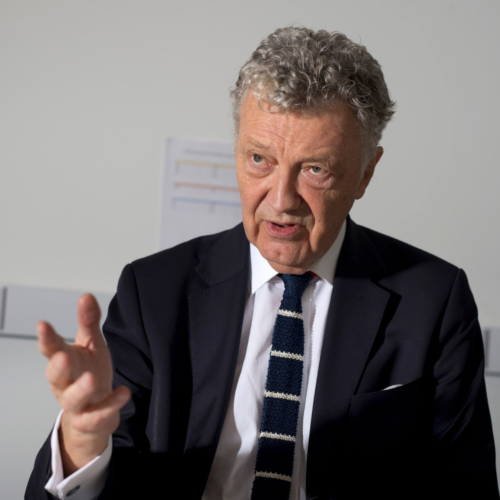
Muslims in Slovakia Remain Marginalised by Discriminatory Laws
14 Sep 2020Slovakia is usually not a country that features much in the news when it comes to matters of Islamophobia and other forms of discrimination. The country is home to a tiny Muslim minority of about 5,000 people, most of whom are of European descent themselves.
For years, the tiny minority has struggled to gain official recognition. However, they found that in recent years, opinion has hardened against them, with the country passing a number of laws to further limit the recognition of Islam as a minority.
Meanwhile, Slovakian politicians, including the country’s former prime minister, have gone on record in stating that Islam has “no place in the country.”
Slovakia is the only EU country without a mosque
Recognition has been something that the country’s tiny Muslim minority have grappled with for decades.
The country is the only European Union country without a mosque. The country’s government has long resisted efforts to recognise Muslim communities in the country or even historic accomplishments and impacts of Islamic civilisations in the fields of technology, medicine, philosophy and the natural sciences. Even locally-relevant communities such as Hungarian Muslims, Tatars or Polish Muslims are not taught.
Back in 2000, the Slovak Islamic Waqfs Foundation applied for a construction permit to build an Islamic centre in the capital, Bratislava. Despite purchasing the property for it and presenting the relevant credentials, the application was rejected, with the mayor of Bratislava refusing the application.
The issue has gone unresolved since then.
The refugee crisis has seen attitudes harden even further
Attitudes hardened in recent years, particularly in the aftermath of the European refugee crisis of 2016. At the time the country’s Prime Minister, Robert Fico, said that Islam has no place in Slovakia and added that he does not wish there were tens of thousands of Muslims, vowing to not accept a single Muslim refugee.
The issue has brought Fico in conflict with the EU.
Subsequently in December 2016, t the Slovak National Party, which was a coalition partner of Fico’s Direction – Social Democracy Party presented a bill requiring a religion to have at least 50,000 followers before they can be qualified as an official religion.
The SNS said that the move was designed to prevent speculative New Religious Movements and satirical religions such as the Church of the Flying Spaghetti Monster. However, party officials made it clear that they viewed Islam as a threat.
“Islamisation starts with a kebab and it’s already under way in Bratislava, let’s realise what we will face in five to 10 years,” SNS chairman Andrej Danko said within the context of the legislation.
“We must do everything we can so that no mosque is built in the future,” he added.
In the years that follow, Fico has continued to cite Islam as a security risk, claiming that the government monitors every single Muslim in Slovakia. Itself an outrageous and, if true, highly dangerous claim.
Little to no progress has been made over the past four years. Although Slovakia had two more Prime Ministers since, neither of them showed any inclination towards changing the laws.
Like Fico and his party, the current Prime Minister Igor Matovič, of the Ordinary People Party, has shown a conservative agenda and is unlikely to warm up to the idea.
The fact that country’s Muslim population is tiny shows that the issue is not so much a real issue but merely a politically-motivated agenda where a minority is scapegoated for problems that don’t exist.






